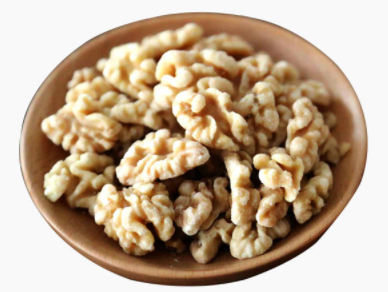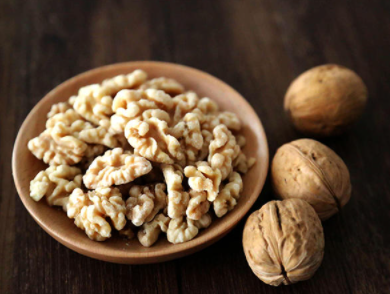How many walnuts kernels should I eat a day?
Walnuts, with their rich flavor and numerous health benefits, have become a popular addition to many diets. Packed with omega-3 fatty acids, antioxidants, and essential nutrients, walnuts offer a myriad of advantages for overall well-being. But, the question remains: How many walnut kernels should you consume each day for optimal health? Let's delve into the considerations.
1. Nutritional Value:
Rich in Omega-3s: Walnuts are a potent source of alpha-linolenic acid (ALA), a plant-based omega-3 fatty acid associated with heart health.
Antioxidant Power: The antioxidants in walnuts contribute to combating oxidative stress, promoting cellular health.
Essential Nutrients: Walnuts offer essential nutrients like magnesium, copper, and manganese, vital for various bodily functions.
2. Daily Recommendation:
Moderation is Key: While walnuts are nutrient-dense, moderation is crucial. The American Heart Association suggests consuming about four servings of unsalted nuts per week, with a serving size of approximately 1.5 ounces.
Caloric Consideration: Walnuts are calorically dense, so portion control is essential. A small handful, roughly 1 ounce or 28 grams, is a reasonable daily serving.
3. Health Benefits:
Heart Health: Regular walnut consumption is linked to improved heart health, including lower cholesterol levels and reduced risk of heart disease.
Brain Function: The omega-3 fatty acids in walnuts may support cognitive function and contribute to brain health.
Weight Management: Despite their calorie content, walnuts' combination of healthy fats, protein, and fiber can promote a sense of fullness and aid in weight management.
4. Consider Individual Factors:
Caloric Needs: Individual caloric needs vary, so consider your overall daily caloric intake when incorporating walnuts into your diet.
Dietary Goals: If you're aiming to boost omega-3 intake or address specific health concerns, you might adjust your walnut consumption accordingly.
5. Versatile Incorporation:
Snacking: Enjoy walnuts as a snack or incorporate them into meals like salads, oatmeal, or yogurt for added crunch and nutritional benefits.
Recipes: Explore recipes that feature walnuts, from walnut-crusted chicken to walnut pesto, to diversify your culinary experience.
Health Conditions: Individuals with specific health conditions or dietary restrictions should consult with a healthcare professional or nutritionist for personalized advice.
In conclusion, savoring a handful of walnut kernels (about 1 ounce) per day can be a delightful and health-conscious addition to your diet. Whether you snack on them or integrate them into meals, walnuts contribute valuable nutrients and can be part of a balanced and mindful eating pattern. As always, individual health goals and considerations should guide your dietary choices, and consulting with a healthcare professional can provide personalized insights tailored to your unique needs.
147
0
0




Comments
All Comments (0)